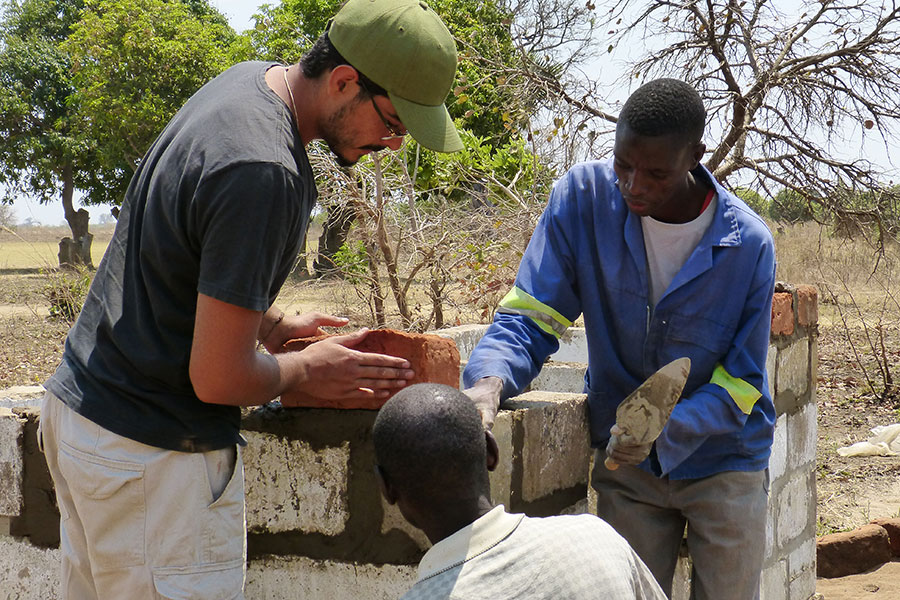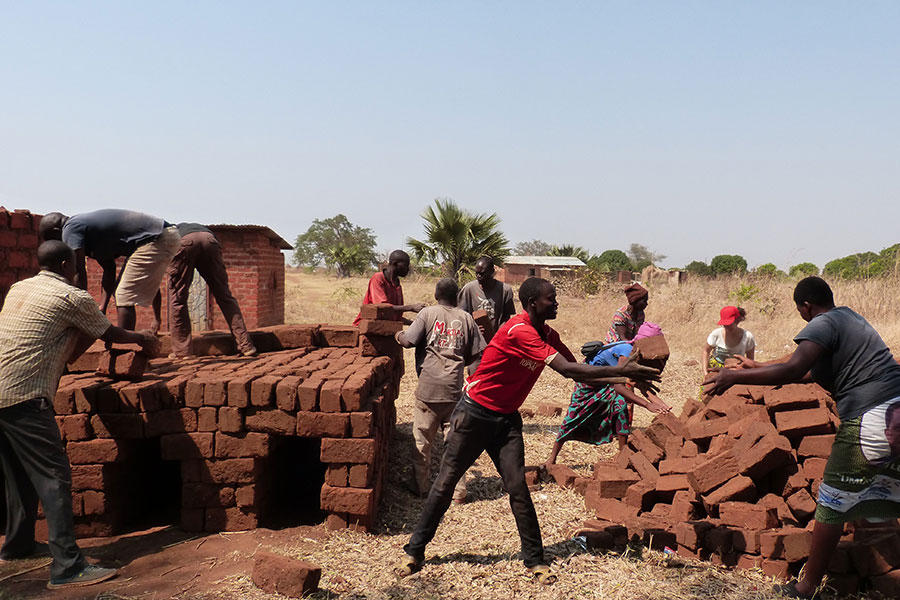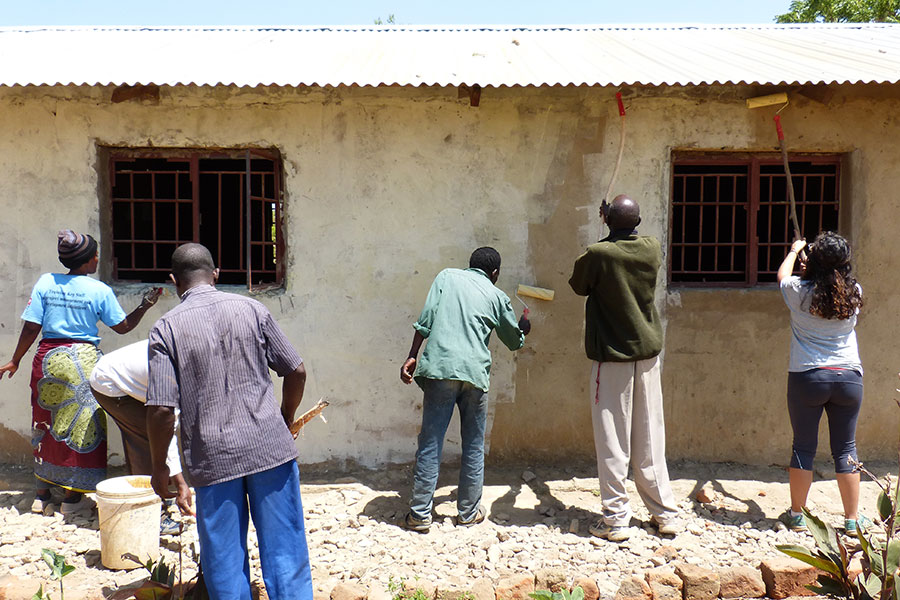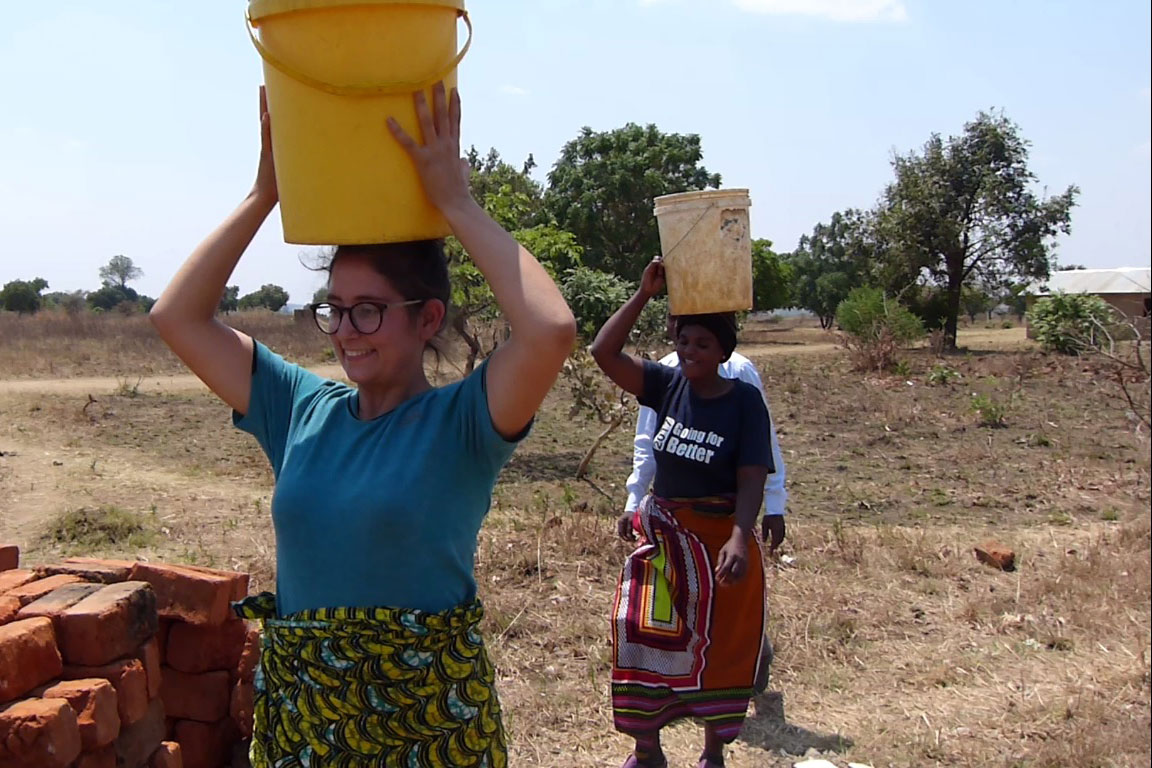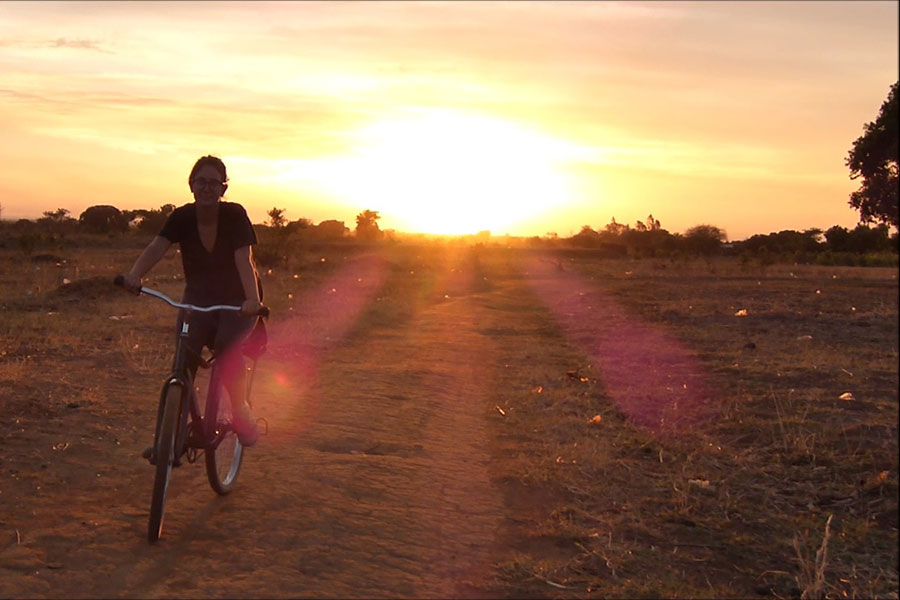Development Instructor in Zambia
Introduction
My name is Roser Maura and I am from Spain. In 2017, I decided to become a Development Instructor (DI) and I joined CICD England in order to do the preparation period. I arrived in Zambia in August.
After being in the NHQ (Ndola), and in Nakambala Approved School (Mazabuka), the plan was to go to Mumena Child Aid (Slowezi). However, we received a call suggesting that we had to change to Child Aid Nampundwe. That was my first and biggest shock, but now is the best that could have happened.
The project and its implementation
Child Aid Nampundwe started in 2009 working with women’s club. In 2010, they started working with preschools with the aim of developing new preschools in the rural areas. Now, after almost 10 years, the project will hand over the schools to its communities at the end of November. Right now, the project is working with 20 preschools, meaning we are involving around 100 communities.
The cooperation with the Project Unit Leadership is very good. We are working us four, Forward Tuntuluka, as a project leader, Josephine Chilongo, as an area leader and me and David, together as one team. It took some time to adapt to the project and its realities but today I feel like a part of it.
The focus of the project now is mobilizing the community and motivate them to keep developing and taking care of the school. We do this through an assessment of the school, then a review meeting, where we invite the headman of the village, the teachers, the school committee and the community and finally by taking action.
Since we arrived, we are helping to improve the project when it comes to organization, logistics and planning. One strategy we use is by writing reports of all the schools and putting different “talking walls” (for planning) so that the information is visual and more reachable for all.
Challenges
During this first month in Nampundwe Child Aid, we faced three main challenges regarding to the project implementation. Time is the first biggest challenge we faced, as we are working with 20 schools in two months. Working with the communities takes a lot of time. To overcome this, we decided to work only with those schools that were active. The second biggest challenge is the transport, we have had many problems with our bikes and in the beginning Josephine did not have any way of transport so sometimes I had to stay in order for the team to be able to go. The last one is regarding to the budget, as it is very tight to work properly with all the 20 schools.
Regarding to the work with the Project Unit Leadership I faced two main challenges. The first one is personal, when dealing with the Zambian social structure. It is a structure where women and men have very different and determined roles. Sometimes I feel that some things are asked to David just for the fact of being a man, and the same applies to me as a woman. I believe one gets a role in a team, 50% by what he or she does and his or her skills, and the other 50% by the outside inputs that the person receives. The last two years I have been very much in touch with this issue, as I want equality for both sides. It is my personal fight, everywhere I go. To overcome this last challenge I have to be strong and stand for myself.
Secondly, communication. Sometimes we all have different ideas and it is difficult to understand each other. And although most people speak English and there is always someone around to translate, language is also a challenge. There are many languages spoken around Nampundwe. We are doing our best to learn greetings and try to understand the language in the meetings with the communities.
To sum up, I attach a table regarding the activities carried out this month.
Roser Maura Rivera, Development Instructor February team 2018





